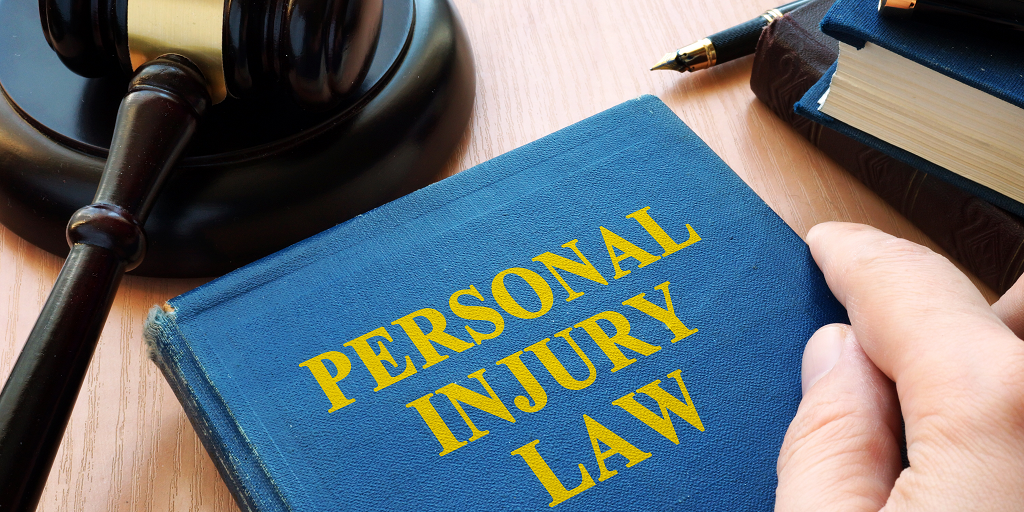If you or a loved one has been injured by someone else’s negligence, you may have considered filing a lawsuit to be compensated for those injuries. You may have also wondered if you need an attorney to file a personal injury claim.
The short answer is no. Illinois allows plaintiffs (the person filing the lawsuit) to represent themselves pro se, which means you act as the attorney.
But just because you can file a personal injury claim without an attorney doesn’t mean that you should. Personal injury lawsuits are often lengthy, time-consuming, and involve complex medical evidence. And though the court allows plaintiffs with no legal background to represent themselves, those plaintiffs must still follow the same rules and requirements as licensed attorneys. In other words, you’ll be expected to know how to file and respond to motions, how to request and hand over discovery, how to introduce expert testimony and interview witnesses, and how to properly conduct a trial – and the court will do little to nothing to help you navigate the process.
An experienced personal injury attorney can increase your chance of recovery. Not only do attorneys understand the law, but they also know the best way to present the evidence to support your claim.
Whether you decide to forge ahead and file a personal injury claim on your own or hire a personal injury attorney to handle it for you, here’s what’s needed to be successful.
What type of personal injury claims can be brought in Illinois?
As the name implies, personal injury claims are brought for actions that injure a person. (If the actions caused a person’s death, the survivors can bring a wrongful death action). Personal injury claims can be brought for a variety of injuries, including those caused by:
- Motor vehicle crashes
- Workplace accidents
- Dog bites
- Nursing home abuse or neglect
- Slip and falls or other premises liability cases
- Product liability, like hernia mesh injuries
What is the timeline to file a personal injury claim?
The statute of limitations in Illinois to file a personal injury claim is two years from the date the accident occurred. (With some exceptions). If the claim is against a government entity – for example, you were rear-ended by a city official out on official business – the statute of limitations is shortened to one year.
The statute of limitations is a firm deadline for when the personal injury claim must be filed. Miss the deadline by even one day, and your claim will be dismissed, regardless of whether the other party was at fault.
How do I prove my personal injury claim?
No matter the cause of the injury, personal injury claims are brought under a theory of negligence. That means the evidence you present must prove that the other party’s negligence caused your injuries. Negligence requires proof of the following:
- Duty: The defendant must have had a duty to act in a certain way, whether a common law duty or a duty created by statute.
- Breach of duty: The defendant must have breached their duty by either failing to act in the manner required by law (if a statutory duty) or failing to act as a reasonable person would under the circumstances.
- Causation: The defendant’s breach of duty must have caused your injuries.
- Damages: The defendant’s breach of duty must have resulted in damages.
The inability to prove any of these elements means you will be unable to recover damages.
What if I were partially at fault for my injuries?
Illinois has adopted the theory of comparative negligence, which means that any damages you are awarded will be reduced in proportion to your percentage of fault. For example, if you were involved in a motor vehicle crash and the jury finds that you were 20% at fault because you failed to yield, but the other driver was 80% at fault because he ran a red light, your damages award will be reduced by 20% – so if the damages was $100,000, you would only receive $80,000.
If, however, you are found to be more than 50% at fault, you will recover nothing.
What damages can I recover?
Whether you are awarded damages as part of a settlement (most personal injury claims are settled before trial) or a jury verdict, there are two types: compensatory and punitive.
Compensatory damages reimburse, or compensate, the injured person for losses sustained due to the injury. Compensatory damages can be economic or non-economic. Economic damages are those damages to which an actual dollar amount can be attached. They include:
- Past, present, and (estimated) future medical expenses
- Past, present, and (estimated) future lost wages
- Future lost earning capacity
- Property damage
Non-economic damages are losses that have no specific dollar amount attached; they’re subjective, and the amount recoverable depends on a variety of factors, including the nature and severity of your injuries. Non-economic damages include:
- Pain and suffering
- Loss of consortium
- Loss of enjoyment of life
- Mental anguish
- Permanent disabilities, impairment, or disfigurement
Punitive damages may be awarded by a judge or jury if the facts of the case are especially egregious. Unlike compensatory damages, which seek to compensate the injured person for actual losses, the sole purpose of punitive damages is to punish the defendant and deter them and others in similar circumstances from engaging in the same negligent acts in the future. For example, if you slipped and fell in a grocery store parking lot that was icy due to poor drainage – and the grocery store was aware of and failed to correct the issue for years – punitive damages may be awarded to punish the owners for failing to correct a known, dangerous condition.
Illinois Personal Injury Attorneys
The personal injury attorneys at The Good Law Group have more than 30 years combined experience helping Illinois residents receive compensation for their injuries. For a free case consult, call us at 847-577-4476 to schedule an appointment.









